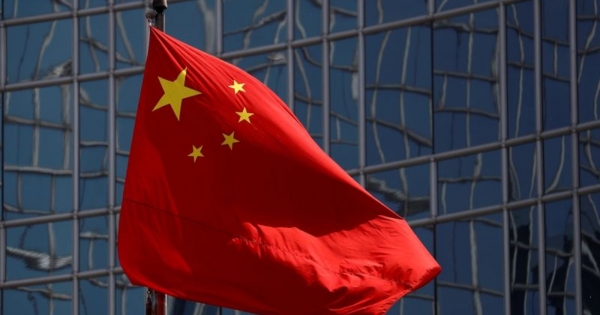Nearly all international events scheduled in China have been canceled since the Covid-19 outbreak in Wuhan at the end of 2019, after the Asian Olympic Council also announced last week that the third Asian Youth Games scheduled for December in Shantou, China, were cancelled. , It was delayed once.
The International Universiade, which was scheduled to take place from June 26 to July 7 in Chengdu, China until 2023, has also been canceled after being previously rescheduled from last year.
The Beijing 2022 Winter Olympics were an exception, but they took place in a “closed bubble” amid strict measures for everyone in it, including athletes, staff, volunteers and the media, as everyone was tested daily for Covid-19 and did not allowed to enter the city or make contact with the public present In small numbers.
China has maintained a “zero Covid” policy and implemented strict lockdown, quarantine and mass testing programs, with life returning to normal in most of the world’s low-risk countries.
The government promoted this strategy as proof that it puts human life ahead of material concerns and can prevent the health crises that many Western countries are facing.
Chinese leaders vowed to “unwaveringly adhere to” the “COVID zero” policy and “resolutely fight” criticism of the policy despite growing public opposition to the measures.
This anger is particularly visible in Shanghai, where 25 million people have been locked down since March over complaints about excessive lockdowns and harsh quarantine conditions.
Source: El Iktisad
